What is the Meaning of CBD?
Estimated reading time: 11 minutes
Introduction to CBD

CBD, or cannabidiol, is a prevalent term in health and wellness circles in recent years. However, what is the meaning of CBD? We delve deep into the origin, properties, and potential benefits of this compound to give you a comprehensive overview.
Origins of CBD: A Historical Perspective
CBD is one of over 100 compounds known as cannabinoids found in the Cannabis Sativa plant. Historically, civilizations across the globe have utilized cannabis plants for various purposes, from textiles to medicinal applications. CBD, however, has come into the limelight primarily for its potential therapeutic effects.
Extraction and Composition
CBD can be derived from both hemp and marijuana plants, members of the cannabis family. Hemp-based CBD contains minimal traces of THC (tetrahydrocannabinol), the psychoactive compound responsible for the ‘high' associated with marijuana consumption. As a result, hemp-derived CBD products can offer many of the purported health benefits without the psychoactive effects.
Potential Health Benefits and Applications

Various studies have investigated CBD's potential benefits, and while research is ongoing, some proposed advantages include:
- Pain Management: CBD interact with receptors in the brain and immune system to alleviate pain and reduce inflammation.
- Anxiety and Depression: The compound may have anxiolytic and antidepressant properties, making it a viable option for mental health concerns.
- Neuroprotective Properties: Researchers are rigorously studying CBD's potential effects on neurological disorders such as epilepsy and multiple sclerosis, and they show great potential.
- Heart Health: Preliminary findings suggest CBD could benefit the heart and circulatory system by reducing blood pressure and other related conditions.
- Antioxidant and Skin Health: The compound's antioxidant properties can combat free radicals, potentially reducing signs of aging and acne.
Safety and Side Effects
While CBD is well-tolerated and considered safe, some individuals may experience side effects. These can include changes in appetite, diarrhoea, and fatigue. We always recommend to consult with a doctor or CBD specialist, before starting any CBD regimen, especially if on medication or having underlying health concerns.
The Legality of CBD
The legality of CBD varies worldwide. In the UK, for instance, hemp-derived CBD products containing less than 0.2% THC are legal and has status as a food supplement. In Spain CBD is classified as a cosmetic. Internationally, the legality depends on individual country regulations, and we advise always checking local legislation before purchasing or consuming CBD products.
Future of CBD: What Lies Ahead?
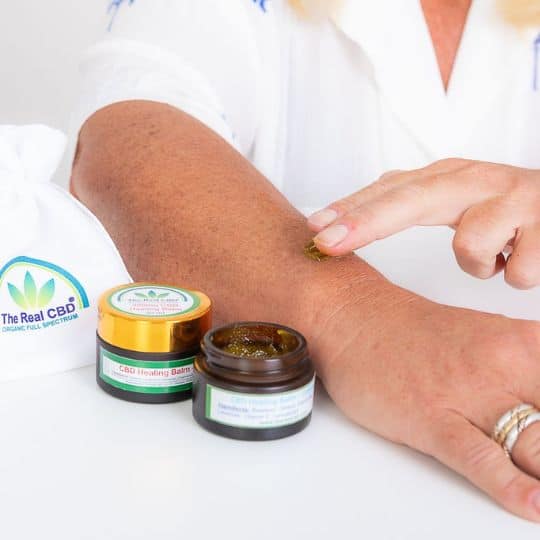
The CBD industry is burgeoning, and as research advances, we can expect a clearer understanding of its potential benefits and applications. From pharmaceuticals to cosmetics, the potential for CBD's incorporation into various sectors is vast.
CBD in Modern Day Wellness
CBD has travelled from being an obscure compound in cannabis to becoming a mainstream wellness product. As scientists continue to discover its potential, we expect to see even more broad applications for this versatile cannabinoid. For those who want to explore CBD, we stress the importance of making informed choices and recommend consulting with health professionals.
What is the Purpose of CBD
CBD, or cannabidiol, has garnered significant attention in recent years for its potential therapeutic properties. The primary purpose of CBD, from a consumer perspective, revolves around its potential health and wellness benefits. Here is a detailed look at some of its potential purposes:

Pain Relief:
One of the most researched and celebrated uses of CBD is for pain management. The endocannabinoid system (ECS) regulates various functions in the human body, including pain, appetite, and immune system response. CBD may influence the activity of endocannabinoid receptors, thereby potentially reducing inflammation and interacting with neurotransmitters.
Anxiety and Depression Management:
Mental health conditions like anxiety and depression often require pharmaceutical drugs, which can cause a myriad of side effects. CBD has been studied for its potential role in treating both anxiety and depression, with some researchers suggesting that it might influence the brain's receptors for serotonin, a neurotransmitter related to mood and well-being.
CBG/CBD for anxiety and depression
Neuroprotective Properties:
CBD has been researched for its potential role in treating neurological disorders, particularly epilepsy and multiple sclerosis. Studies in this area are still in their infancy, but several clinical trials have shown promising results.
Beneficial for Heart Health:
Preliminary research indicates that CBD might have several benefits for the heart and circulatory system, including the potential to lower high blood pressure. High blood pressure is associated with numerous health risks, and the ability of CBD to act as a natural remedy is a promising area of study.
Potential Treatment for Acne:

Due to its anti-inflammatory properties, CBD is being studied for its effectiveness in treating acne. It is believed that CBD might help reduce sebum production, which can lead to acne.
Alleviation of Cancer-Related Symptoms:
CBD might help reduce symptoms related to cancer treatment, such as nausea, vomiting, and pain. Some studies even suggest that CBD may possess anti-cancer properties, though this area requires further research.
CBD for cancer – How does it help?
Other Potential Benefits:
CBD has been studied for its potential role in treating several other health issues, including antipsychotic effects for people with schizophrenia, substance abuse treatment, anti-tumour effects, and diabetes prevention.
As we know it, the primary purpose of CBD revolves around its potential therapeutic properties. While many swear by its benefits, it's essential to note that the efficacy of CBD products might vary from individual to individual. Always consult with a medical professional before incorporating CBD or any supplement into your health regimen.
Why Should You Take CBD Every Day?
CBD (cannabidiol) is a prominent compound derived from the cannabis plant. Unlike THC (tetrahydrocannabinol), CBD is non-psychoactive, meaning it will not induce a “high.” Over recent years, its growing popularity can be attributed to various potential health and wellness benefits. Some proponents believe that taking CBD daily can maximize these benefits. Here are some reasons one might consider daily CBD consumption:
Consistent Levels in the System
Taking CBD daily ensures a consistent level of the compound in the body. This consistent level might be beneficial for individuals using CBD to potentially regulate certain bodily processes or conditions. It can act similarly to how vitamins work, providing consistent support to the body.
Endocannabinoid System (ECS)
The ECS is a complex system in the body that plays a role in regulating processes like mood, appetite, and sleep. CBD is believed to interact with the ECS, and daily intake might support its optimal functioning.
Stress and Anxiety Management
Daily stresses are an inevitable part of life. Some preliminary studies suggest that CBD might have a calming effect on the central nervous system. Therefore, taking it daily might help in managing daily stressors and promoting a sense of calm.
Promotion of Better Sleep
Sleep is essential for overall health and well-being. Some people use CBD to potentially improve their sleep cycles. By taking it regularly, one might achieve consistent sleep patterns and better quality of rest.
Anti-Inflammatory Properties
Inflammation is a natural response of the body to injury or invaders like viruses and bacteria. However, chronic inflammation can lead to various health issues. Some research suggests that CBD possesses anti-inflammatory properties, which might benefit those dealing with conditions characterized by chronic inflammation.
Maintenance of Heart Health
Preliminary studies have shown that CBD might benefit heart health by reducing blood pressure and preventing heart damage. Daily consumption can be seen as a preventive measure to support cardiovascular health.
Support for Skin Health
For those using CBD for skin conditions or general skincare, daily application or consumption can ensure that the skin continuously benefits from its potential anti-inflammatory and antioxidant properties.
Routine and Discipline
Like with any supplement or wellness product, establishing a routine ensures consistency. By taking CBD daily, one creates a health-focused routine, which can also enhance mindfulness and intentionality towards one's well-being.
It is essential to recognize that while many find benefits in taking CBD daily, it is not a one-size-fits-all solution. Individual experiences with CBD can vary. If you are considering incorporating CBD into your daily routine, it is crucial to consult with a healthcare professional to ensure it is the right choice for you and to determine the appropriate dosage.
CBD for Longevity: An In-depth Analysis

In the quest for a longer, healthier life, people are continually exploring various supplements, diets, and lifestyles. One compound that has recently been put under the microscope for its potential longevity benefits is CBD (cannabidiol). Originating from the cannabis plant, CBD is a non-psychoactive compound with various reported health benefits.
Understanding Longevity
Longevity refers to a long duration of individual life. The quest for longevity often focuses on not just prolonging life, but also ensuring that extended years are marked by good health and quality of life. Factors influencing longevity include genetics, environment, lifestyle, and to an extent, health interventions, including supplements like CBD.
Potential Ways CBD May Promote Longevity
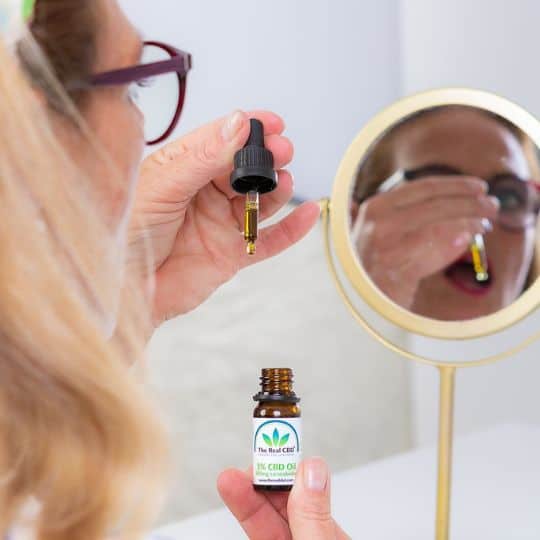
- Anti-Inflammatory Properties: Chronic inflammation has been linked to several age-related diseases, including heart disease, cancer, and neurodegenerative disorders. Research suggests that CBD possesses anti-inflammatory properties which might help combat and prevent these ailments, possibly leading to a longer, healthier life.
- Neuroprotective Qualities: Cognitive decline and neurodegenerative diseases can compromise the quality of elderly life. CBD's potential neuroprotective properties, especially its interactions with endocannabinoid receptors in the brain, might help protect nerve cells from damage and support overall brain health.
- Stress and Anxiety Reduction: Chronic stress has detrimental effects on health and can accelerate the aging process. By potentially modulating the response of receptors in the brain, CBD might help reduce anxiety and stress, promoting better mental health and possibly contributing to longevity.
- Support for Heart Health: Heart disease is a leading cause of death worldwide. CBD's potential ability to lower high blood pressure and its anti-inflammatory properties might support heart health, reducing the risks of heart-related diseases.
- Antioxidant Properties: Oxidative stress caused by free radicals has been linked to aging and various diseases. As an antioxidant, CBD might neutralize these free radicals, potentially slowing the aging process and its associated ailments.
- Support for Cellular Health: Preliminary studies have shown that CBD might have a role in autophagy, a process where cells remove damaged components, facilitating cellular repair and renewal. This mechanism could be crucial in promoting longevity.
- Potential Reduction in Age-Related Pain: Chronic pain can significantly reduce the quality of life in the elderly. CBD's potential analgesic properties might provide relief from such pains, enhancing the overall quality of life.
Considerations and Precautions
While the potential benefits of CBD for longevity are promising, it's essential to approach the topic with a balanced perspective:
- Research is Ongoing: While there have been several studies on CBD's health benefits, research on its direct impact on longevity is still in its infancy.
- Individual Responses Vary: Just like any other supplement or medication, individuals might respond differently to CBD. It is essential to consult with healthcare professionals to determine if CBD is the right choice and to establish the appropriate dosage.
- Potential Interactions: CBD might interact with other medications or have side effects. Always discuss with a physician before introducing it into your regimen.
Learn how to speak to your doctor about CBD here
Conclusion
The potential of CBD in the quest of longevity is certainly intriguing. As scientific research progresses, we might gain a clearer understanding of how exactly CBD influences the aging process and overall lifespan. Until then, those interested in trying CBD for its potential longevity benefits should do so with informed choices and under proper guidance.
The Real CBD Best Sellers
-
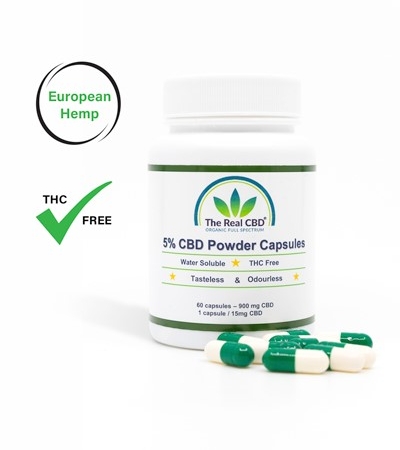 CBD Capsules – Water Soluble 5%€59.00
CBD Capsules – Water Soluble 5%€59.00 -
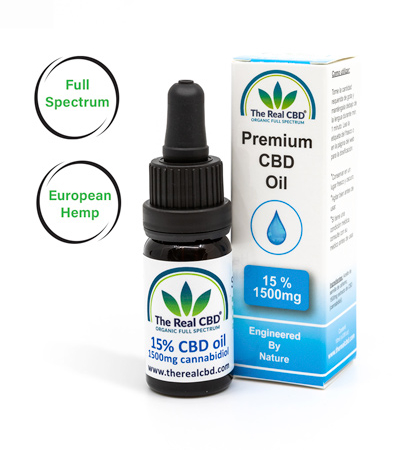 15% Pure CBD oil€80.00 – €85.00
15% Pure CBD oil€80.00 – €85.00 -
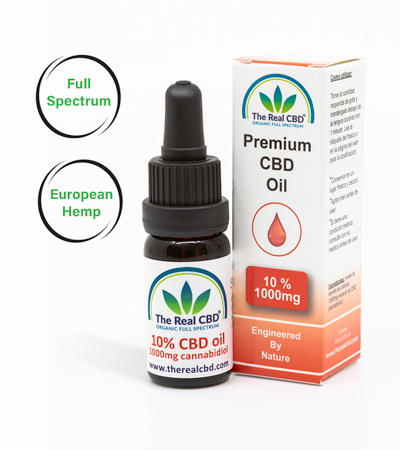 10% CBD oil€55.00
10% CBD oil€55.00 -
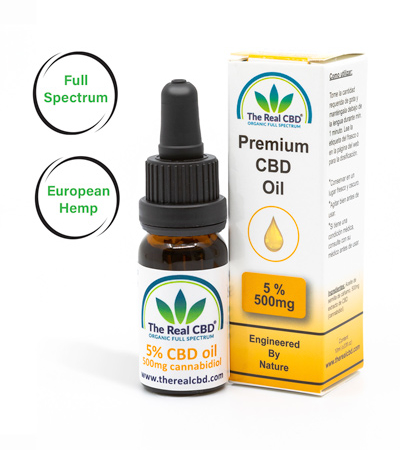 5% Pure CBD oil€29.00 – €35.00
5% Pure CBD oil€29.00 – €35.00 -
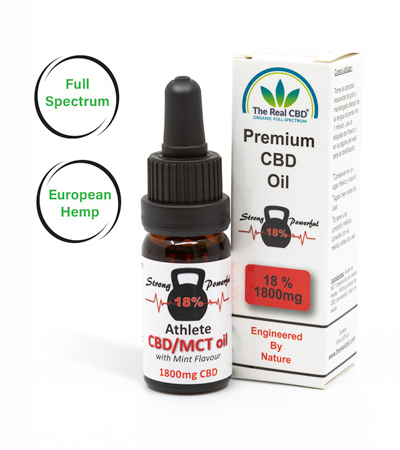 Athlete MCT/CBD oil 18%€90.00
Athlete MCT/CBD oil 18%€90.00 -
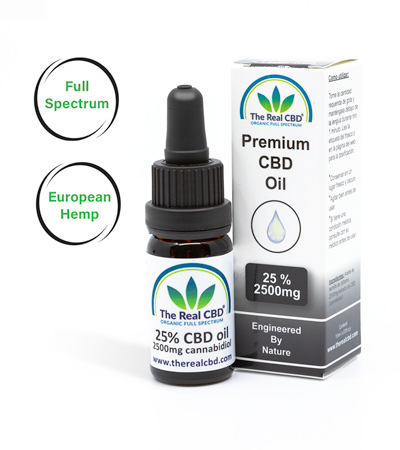 25% Pure CBD oil€139.00
25% Pure CBD oil€139.00 -
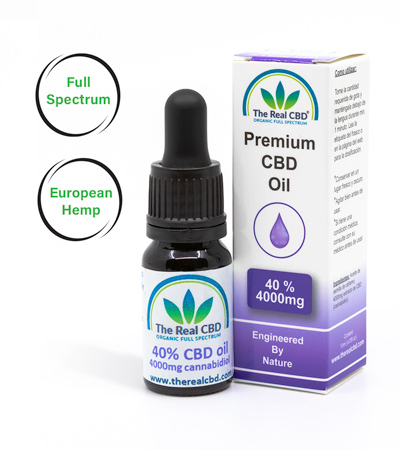 40% Raw CBD Oil€189.00
40% Raw CBD Oil€189.00 -
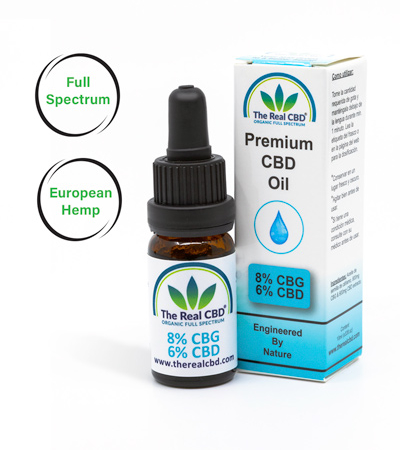 CBG/CBD oil€87.00
CBG/CBD oil€87.00 -
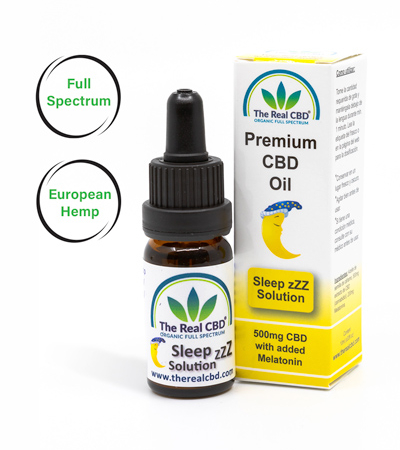 CBD Sleep Solution 10%€50.00
CBD Sleep Solution 10%€50.00 -
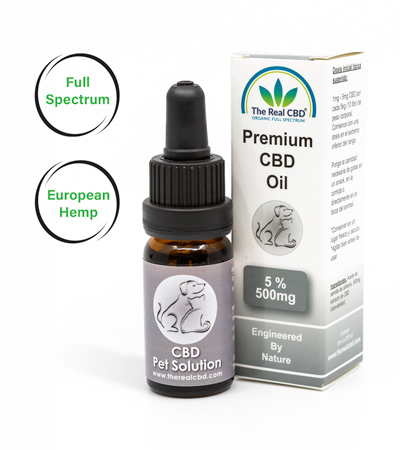 5% CBD oil for Pets€29.00
5% CBD oil for Pets€29.00 -
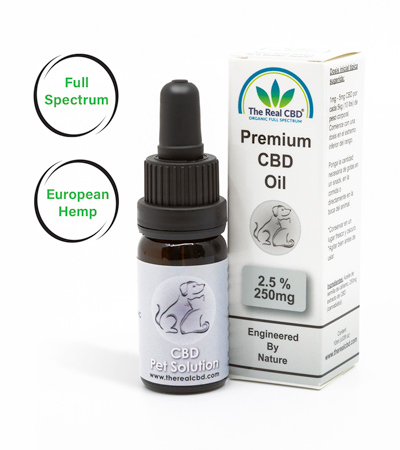 2.5% CBD oil for Pets€15.00
2.5% CBD oil for Pets€15.00 -
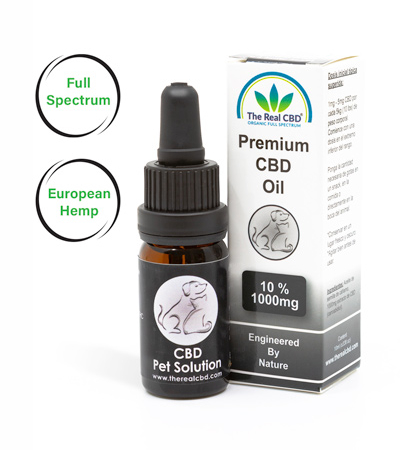 10% CBD oil for Pets€55.00
10% CBD oil for Pets€55.00

I am a certified expert in Medicinal Cannabis. We are all about giving correct and trustworthy information. We know how important it is to learn about CBD and cannabis, which is why we want to be your go-to source for trustworthy information. We help you improve your health by using our knowledge and experience as a starting point.














Leave a Reply
Want to join the discussion?Feel free to contribute!